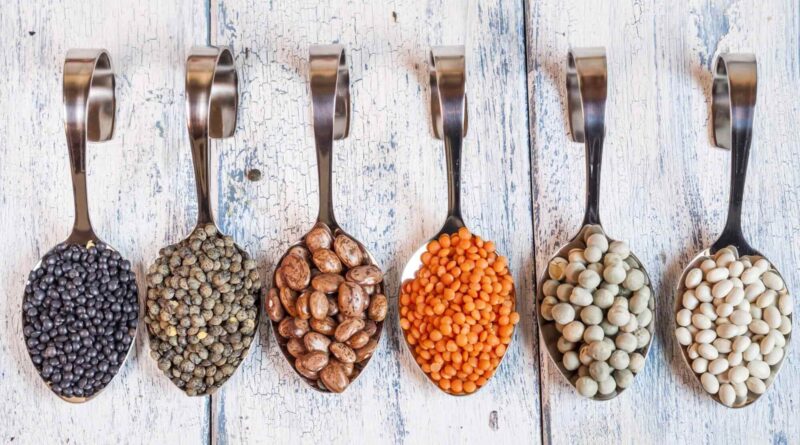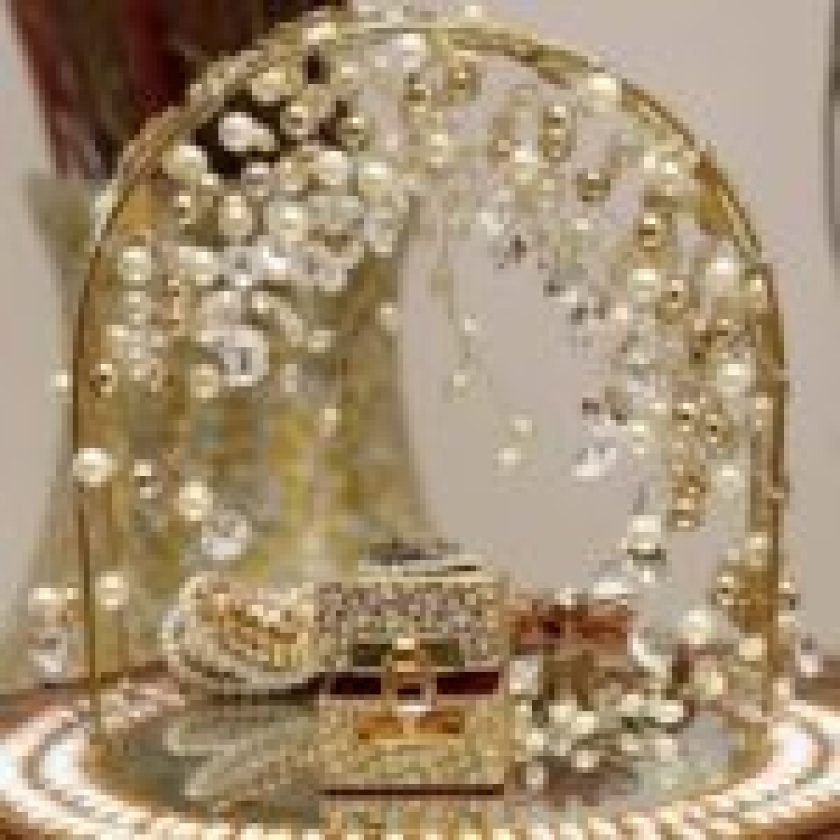Many people desire healthy and strong hair, especially as they grow older. Surprisingly, your hair grows at a rate of about 1.25 cm each month and 15 cm every year. The rate at which it grows is determined by factors like heredity, food, health and age.
Although you cannot modify factors such as age and genetics, you can influence your diet. In fact, eating a diet deficient in nutrients can result in hair loss. Eating a well-balanced diet rich in nutrients, on the other hand, can encourage hair growth, especially if you’re experiencing hair loss due to inadequate nutrition.
So, discover the best foods for healthy hair and hair care tips to get closer to your hair goals.
Fatty Fish
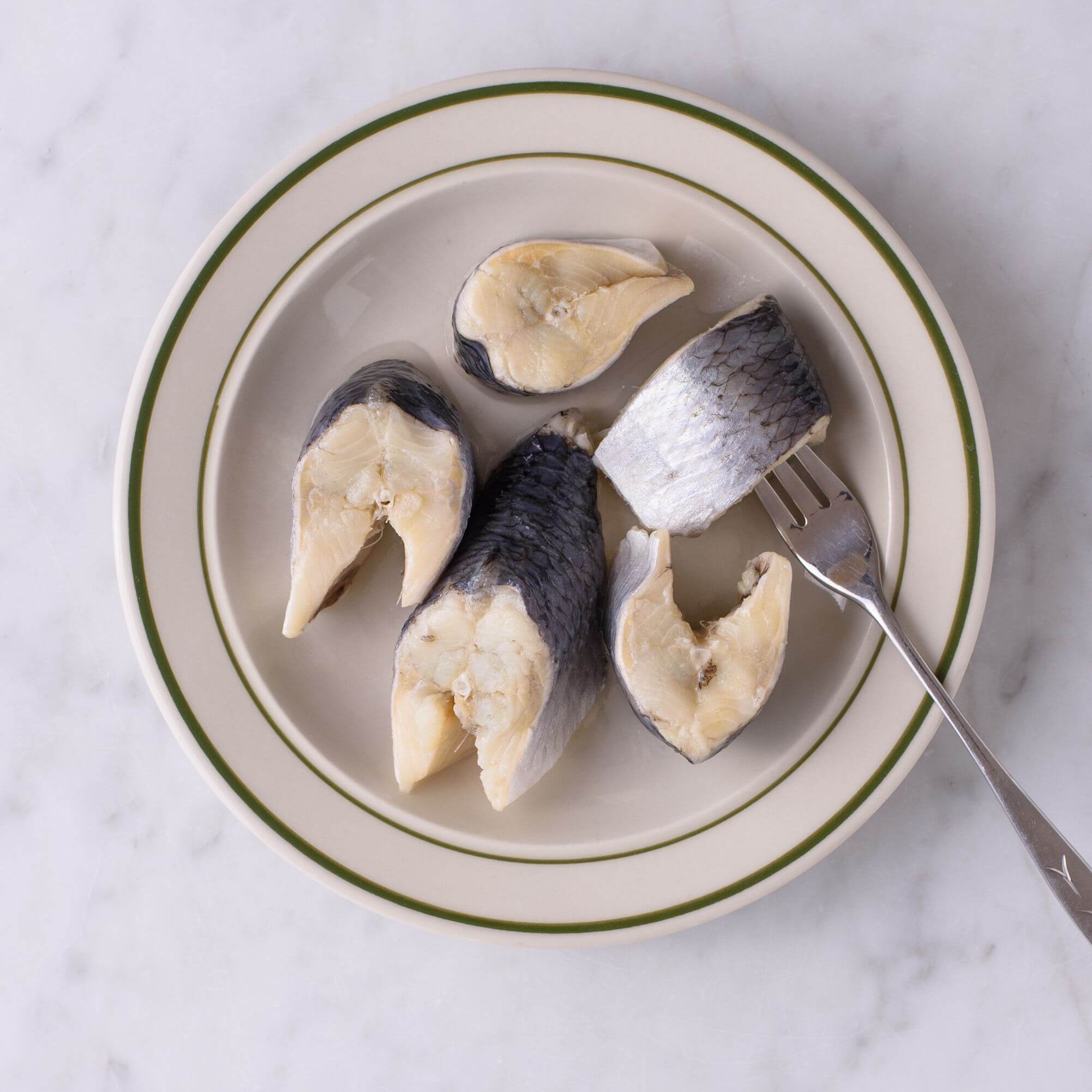
source: verywellfit.com
Nutrients found in fatty fish such as salmon, herring, and mackerel can encourage hair growth. They are high in omega-3 fatty acids, which have been related to hair growth. Fatty fish is also high in vitamin D3, B vitamins, protein, selenium which makes your hair thick & shiny
A survey of more than 100 women found that taking supplements omega-6 and antioxidants as well as omega-3 fatty acids reduce hair loss and increased hair density. The research found that taking a fish oil supplement reduced hair loss while increasing hair growth in women with thinning hair. There is, however, only a little research on omega-3 fatty acids and hair development. More research is required before health professionals might make any recommendations.
Eggs
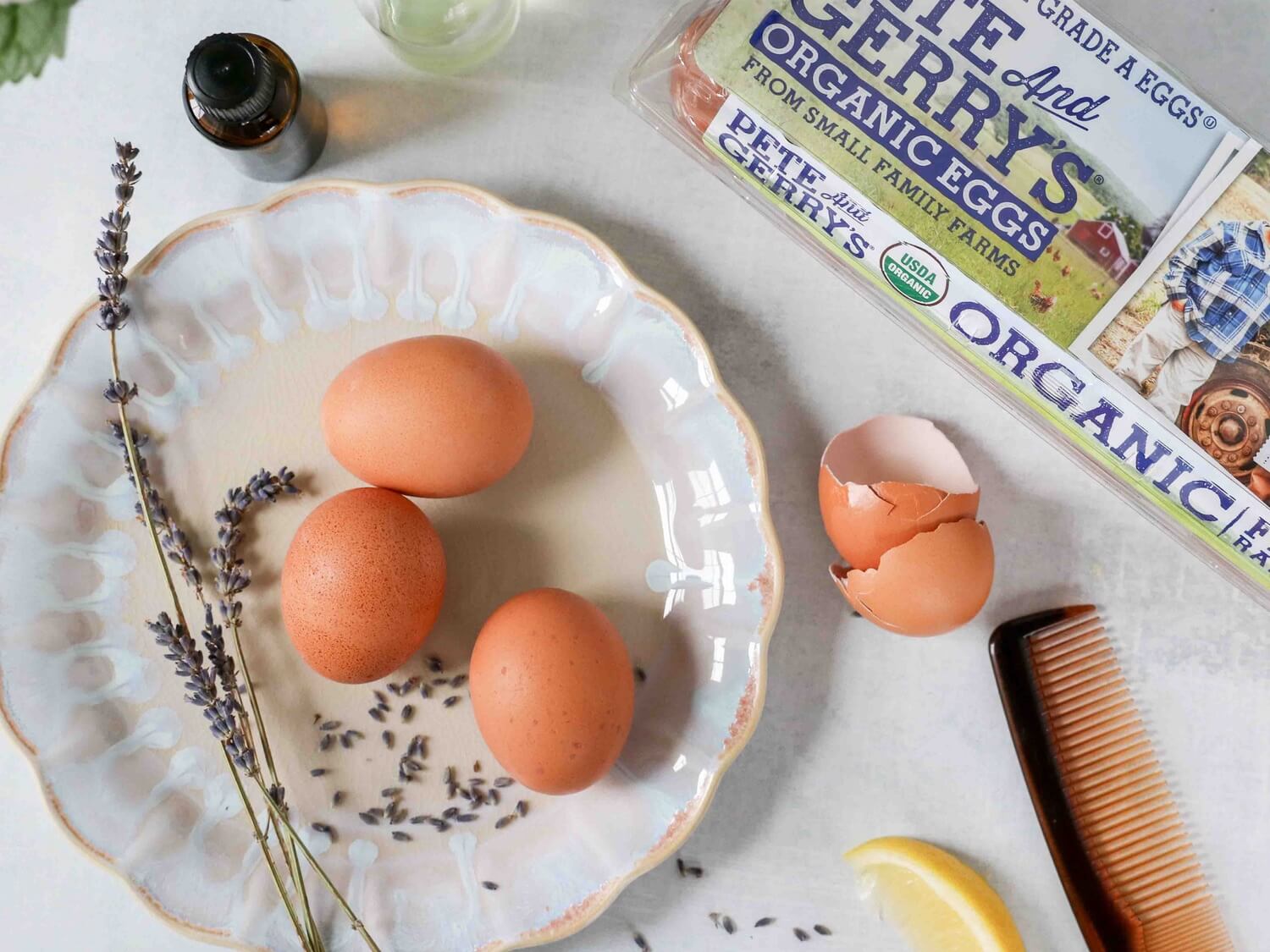
source: pinterest.com
Eggs are high in protein and biotin, two nutrients that can help with hair development. Eating enough protein is essential for hair growth because hair follicles are largely formed of protein. A deficit of protein in the diet is always related to hair loss.
Biotin is essential for the synthesis of keratin, a hair protein, that’s why biotin supplements are widely recommended for hair improvement. Consuming extra biotin has also been demonstrated in studies to promote hair development in deficient biotin persons. Biotin deficiency, on the other hand, is unusual if you eat a well-balanced diet. There is minimal evidence that ingesting additional biotin benefits healthy people.
Plain Yogurt
Unsweetened plain Greek yogurt is high in protein, which is the key component for that magnificent hair. Furthermore, plain Greek yogurt is quite adaptable and may be used to make a substantial breakfast (think smoothies and parfaits) or savory meals (like dips and condiments). Yogurt’s best feature is its probiotics, which are healthy microorganisms that aid with nutritional absorption. Choose brands that contain at least five strains of bacterial cultures per 6-ounce serving.
Avocados
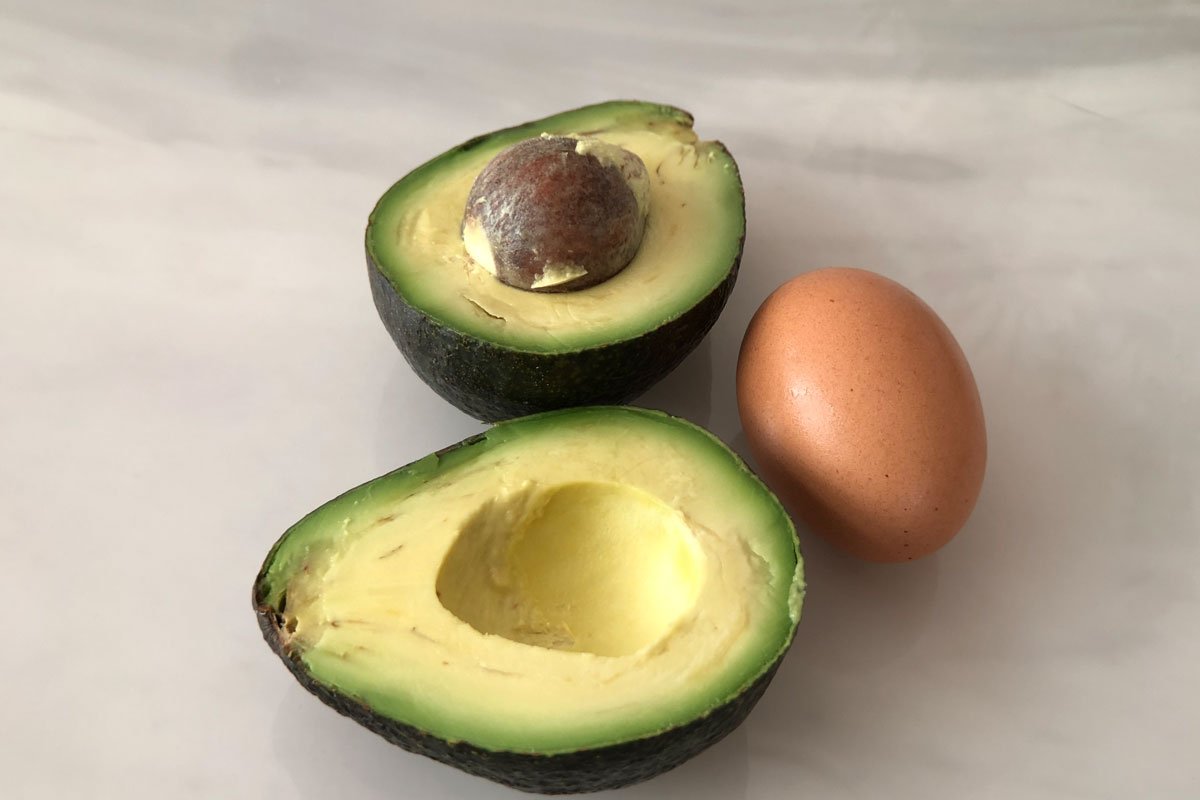
source: simpleminded.life
Avocados are delicious, nutritious, and a good source of healthful fats. They also contain a lot of vitamin E, which promotes hair development. One medium avocado (about 200g) provides 21% of your daily vitamin E needs. Vitamin E, like vitamin C, is an antioxidant that assists in the fight against oxidative stress by neutralizing free radicals. If you desire strong silky smooth hair add now to the list of healthy hair tips.
One study found that taking a vitamin E supplement for eight months resulted in 34.5 percent higher hair growth in persons who were experiencing hair loss. Vitamin E also protects sensitive skin areas, such as the scalp, from oxidative damage and loss. Damaged scalp skin can lead to poor hair texture and fewer follicles.
Seeds
Seeds have a high nutritional richness while carrying few calories. Many of these substances have been evidenced to promote hair growth. Vitamin E, selenium, and zinc are examples of them. A serving (28 grams) of sunflower seeds contains about half of your daily vitamin E requirements.
Furthermore, certain seeds, such as flaxseeds and chia seeds, contain omega-3 fatty acids. Flaxseeds contain 6,388 mg of omega-3 fatty acids every 1-ounce (28-gram) intake. That would be more omega-3 fatty acids than half a salmon fillet (178 g).
However, flaxseeds include more of an omega-3 fatty acid that is not as well absorbed by the body as omega-3s found in fatty fish. Still, it’s a fantastic supplement to any diet. It is best to ingest a range of seeds to acquire the widest range of nutrients.
Oysters
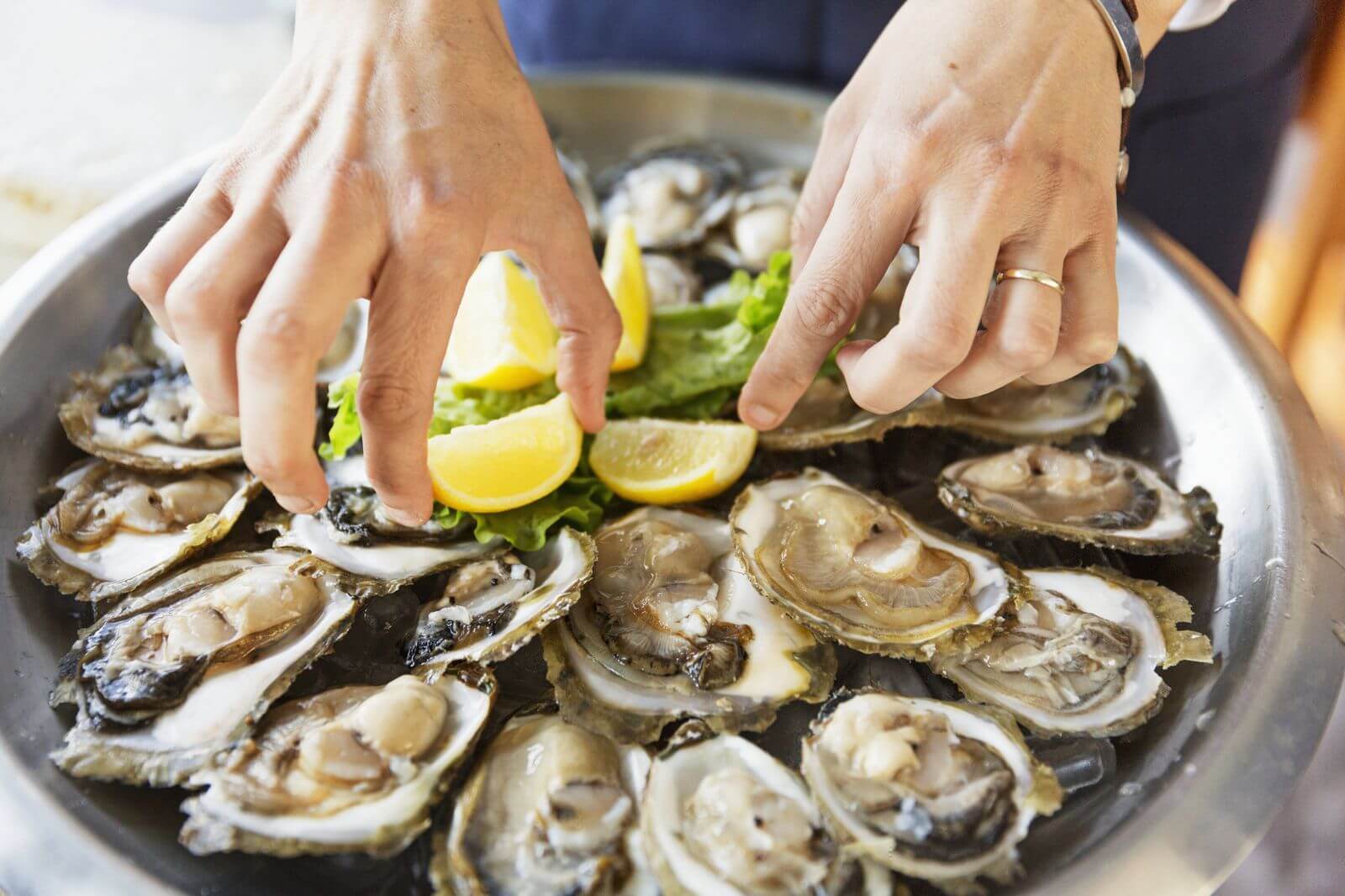
source: pinterest.com
Oysters are an excellent source of zinc. Zinc is a mineral that promotes the growth and repair of hair. A zinc deficiency in the diet may accelerate telogen effluvium, a frequent but reversible type of hair loss caused by a nutritional deficiency. Taking a zinc supplement has been demonstrated in studies to reverse the effects of zinc deficiency-induced hair loss. Too much zinc, on the other hand, may increase hair loss. Because foods provide zinc in modest but healthy quantities, acquiring zinc through meals like oysters may be preferable to taking supplements.
Soya Beans
Soybean chemicals have been shown in studies to enhance hair development. Spermidine, which is common in soybeans, is one of these chemicals. A research of 100 healthy participants, for example, discovered that spermidine-based dietary supplements lengthen the anagen phase of active hair growth. The more time a hair follicle spends in the anagen phase, the longer it will grow.
Spermidine has also been found in laboratory trials to boost human hair growth. However, because the research on spermidine and hair development is still in its early stages, further research is required before health professionals can provide recommendations on spermidine diet.
Sweet Pepper
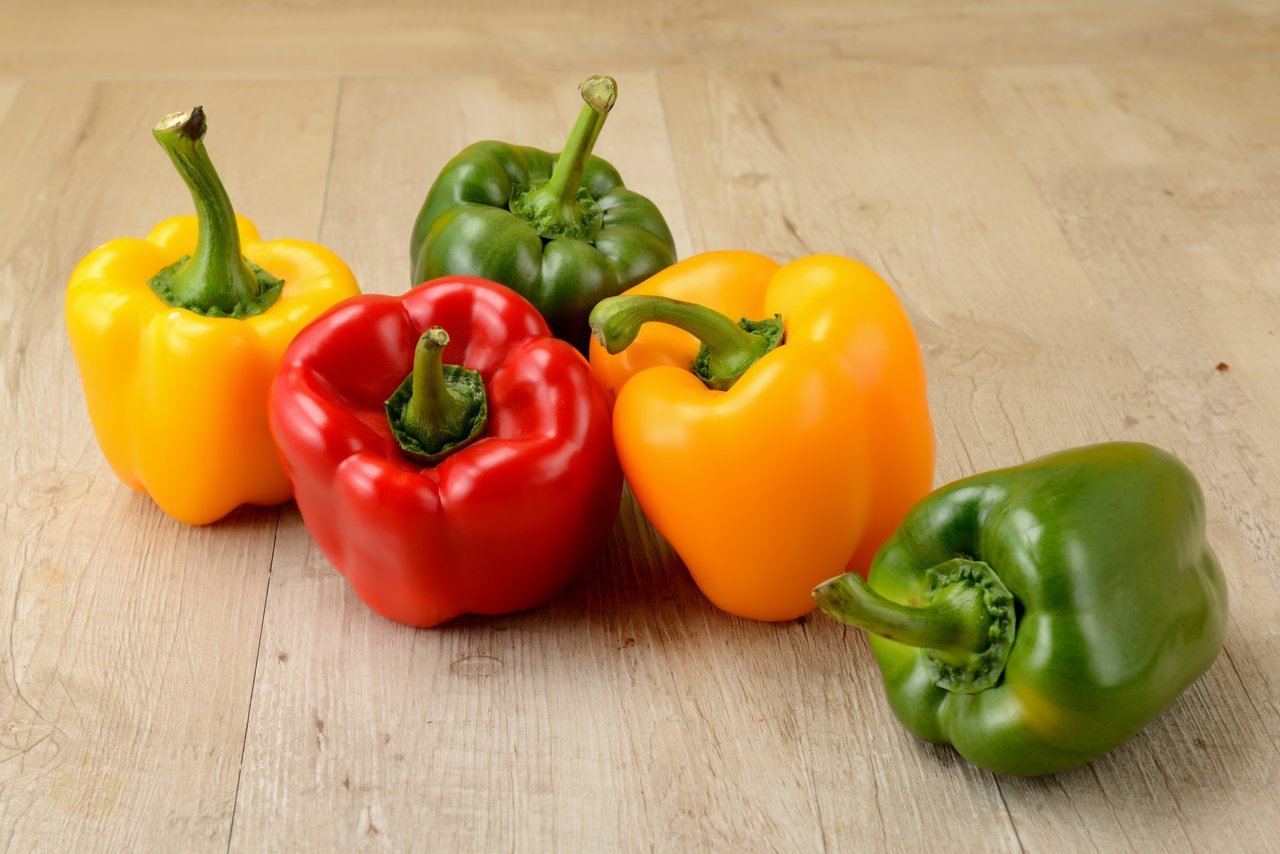
source: amazonaws.com
Sweet peppers contain high levels of vitamin C, which helps in hair development.. In fact, one yellow pepper has roughly 5.5 times the vitamin C content of an orange. Vitamin C promotes the synthesis of collagen, which thickens hair strands. It’s also an effective toxin that can shield hair cells from oxidative stress. When free radicals exceed the body’s antioxidant defense mechanism, oxidative stress ensues. It has been connected to hair loss and hair greying.
Furthermore, sweet peppers are a good source of vitamin A.
Nuts
Eating extra nuts is one of the best hair care tips. A Lack of zinc will result in hair shedding. Zinc is abundant in nuts. Zinc is found in walnuts, cashews, pecans, and almonds, which are all good for your hair. Walnuts also have omega-3 fatty acids and alpha-linolenic acid, both of which can be used as natural hair conditioners. Brazil nuts also have selenium, a nutrient that can help keep your scalp happy.
Lentils, Pulses, Chickpeas & Beans
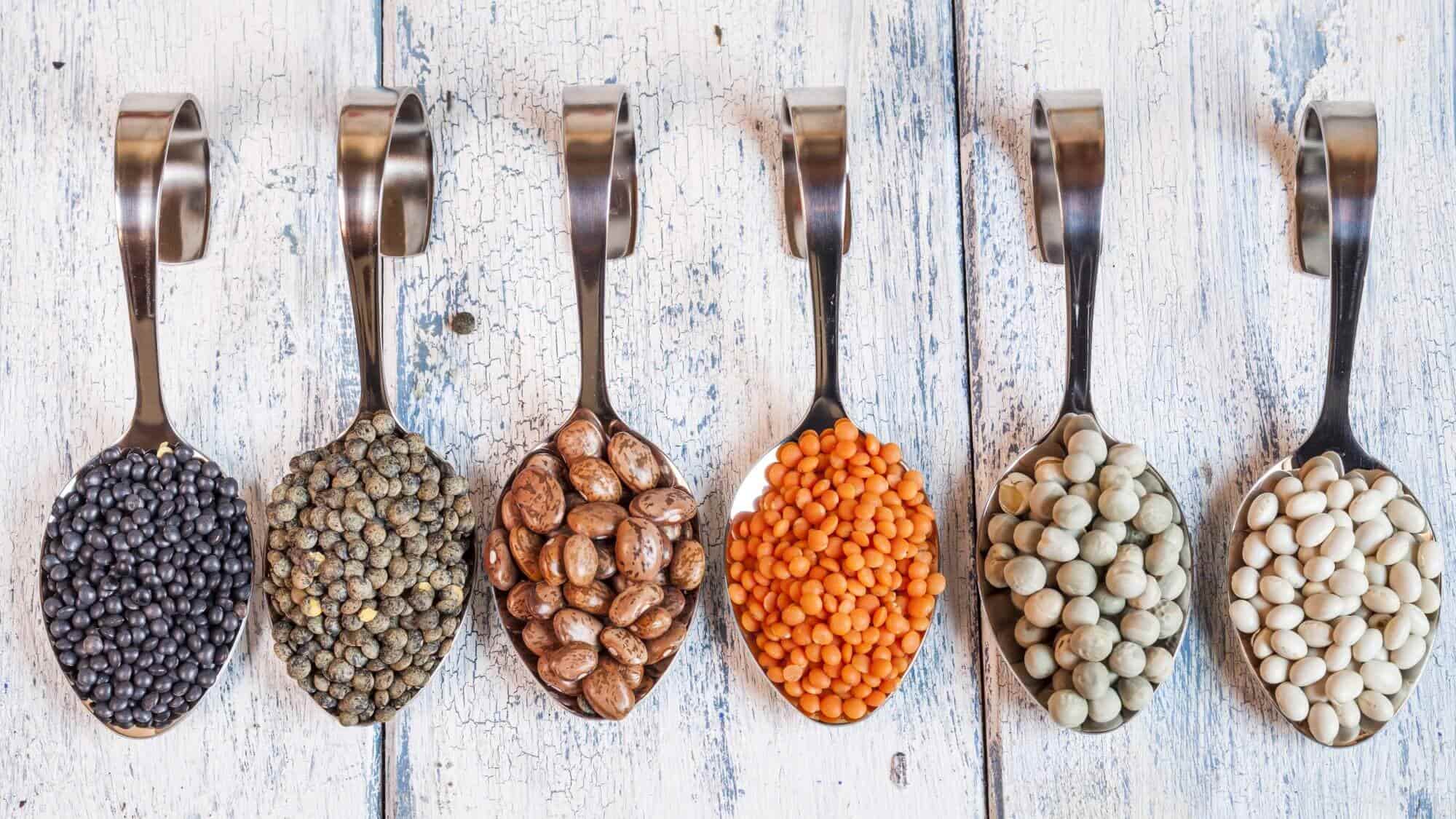
source: meredithcorp.io
These four are all classified as pulses or the dry, edible seeds of vegetables. This is one of the beneficial foods for healthy hair. They’re high in plant-based protein and fiber, making them satisfying and often less expensive than meat. These foods are also high in folic acid, a Multivitamin supplement that helps keep hair healthy and replenish cells useful for hair growth. A nutrient supplement like Balance of Nature will additionally help your body keep your hair healthy.
Healthy Hair Tips
- Avoid Hot water
- Choose Right Shampoo
- Don’t forget Conditioning after shampoo
- Maintain a Healthy Diet
- Wash-up & Brush-up
- Indulge in Hair Mask
- Massage the Scalp
Conclusion
Your diet has a significant impact on the health of your hair. A shortage of nutrients such as vitamins A, C, D, and E, zinc, B vitamins, iron, biotin, protein, and vital fatty acids may impede or even stop hair development. Fortunately, creating a shortage of any of these nutrients can help in the treatment of hair loss and increase the rate of hair growth.
If you believe you are deficient in any of these nutrients, including some of the items listed above in your diet and personal care routine.

